What are the benefits of using a water filtration system for business?
Having a water filtration system for your business makes sure the water used in industrial operations is free from harmful contaminants. This can improve product quality, reduce machine wear, and meet health and safety standards. It also helps businesses comply with regulatory requirements, ensuring that the water is safe for employees, customers, and processes.
How often should I maintain the water filtration system?
How often you need to do maintenance depends on the type of filtration system you have and the quality of the water you're processing. For reverse osmosis systems, it's usually a good idea to check and replace filters every six to 12 months. Sediment filters might need to be checked more often. If you keep up with regular maintenance, you can make sure your system runs smoothly. That way, you won't have to pay for expensive repairs down the road.
Can a carbon filtration system for water remove all contaminants?
Carbon filtration systems are effective at removing chlorine and other chemicals from water while also improving its taste and odor. However, they cannot remove all contaminants. For industries that need really pure water, using a carbon filter with other methods like reverse osmosis systems can be a better way to make sure all the bad stuff is removed.
Is it necessary to install a water softener filtration system alongside reverse osmosis systems?
Installing a water softener filtration system that includes reverse osmosis systems is often a good idea. A water softener helps prevent calcium and magnesium buildup, which can cause scaling on the RO membranes. This combination ensures that your reverse osmosis system filters better and lasts longer, making it an excellent value for businesses with hard water.
How do I know if my best water softener filtration system is working properly?
You can tell if your water softener is working by looking for signs of scaling on appliances, pipes, and other equipment. If scaling is reduced or eliminated, it indicates that the system is working properly. Also, by testing the water hardness on a regular basis, you can keep track of how the system is performing and ensure that it is softening the water properly.
What are the key differences between sediment filters and reverse osmosis systems?
Sediment filters and reverse osmosis systems are used for different things. Sediment filters get rid of bigger particles like dirt, sand, and rust, while reverse osmosis systems use a semipermeable membrane to get rid of smaller contaminants such as salts, heavy metals, and bacteria. To achieve the best water quality in industrial settings, both systems are frequently used in tandem.
Are compact water filtration systems as effective as larger units?
Small water filtration systems can work just as well as the big ones, especially for businesses that don't need a lot of water. These systems are great because they're efficient, they don't take up much space, and they don't use a lot of energy. But for high-demand apps, you might need a bigger system to handle the extra water volume the business needs.
How do I know if my industrial water filtration system needs replacing?
If your industrial water filtration system is always giving you poor water quality, has low flow rates, needs frequent repairs, or costs more to maintain, it might be time to replace it. If your business is growing and your current systems can't keep up, it might be time to think about replacing them. Investing in a new, more efficient water filtration system can help improve water quality and reduce long-term operational costs.

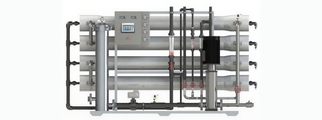
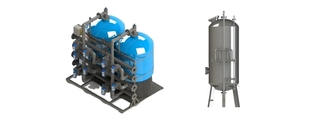
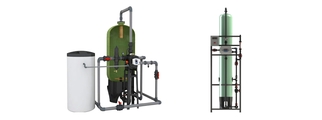
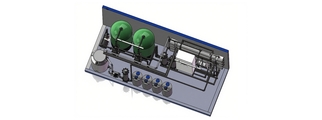
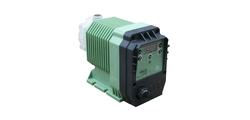
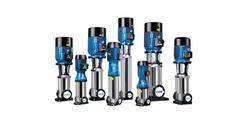
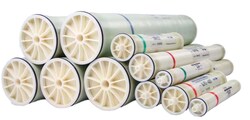
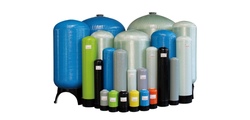
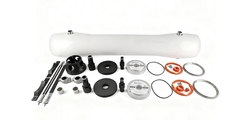
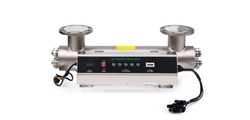
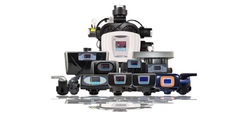
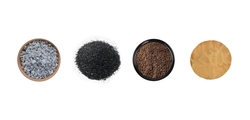
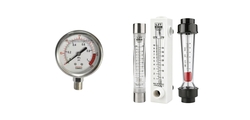
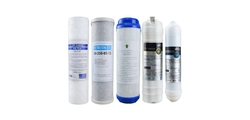
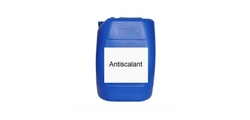
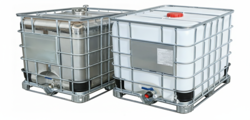




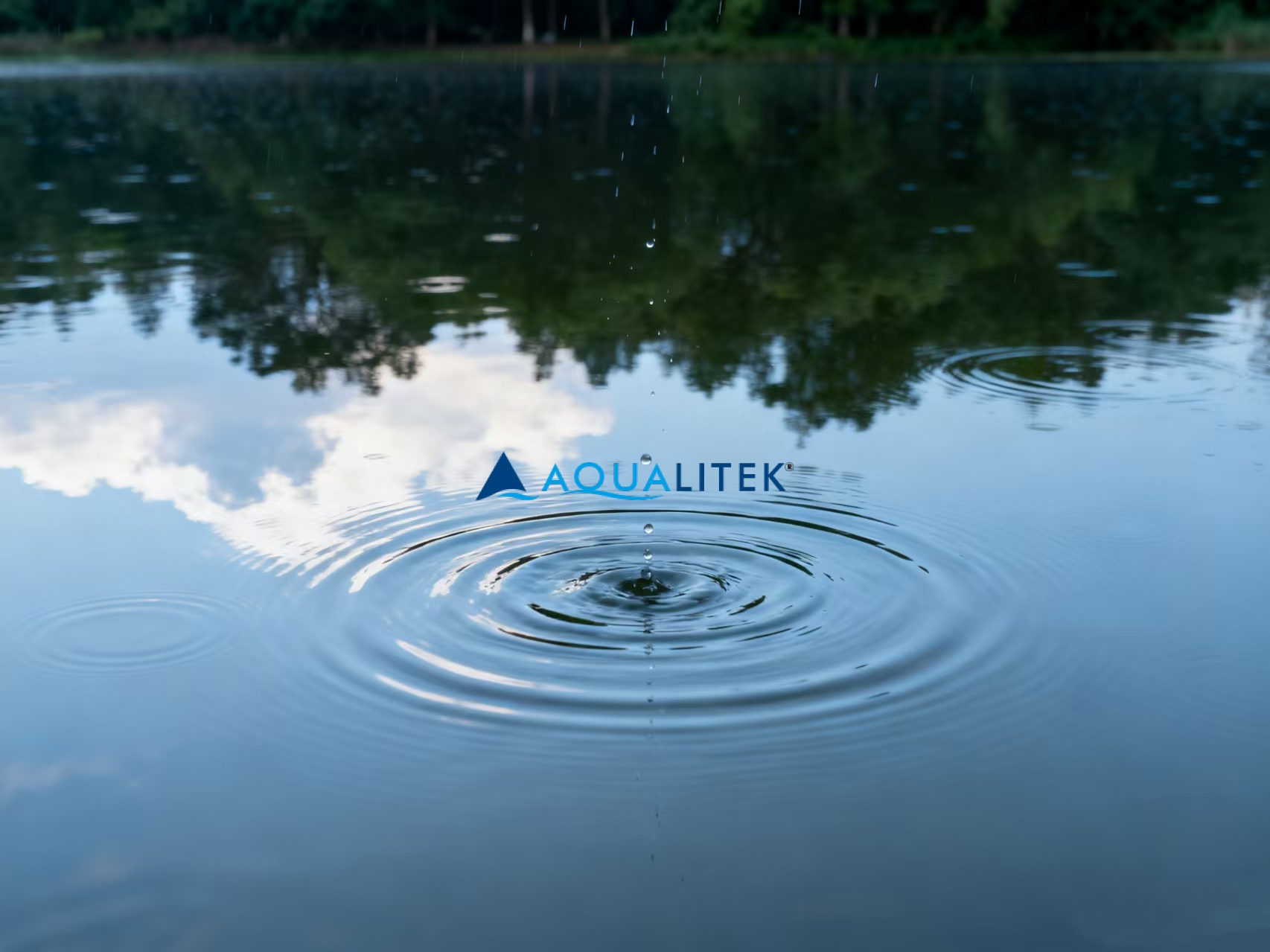


















AQUALITEK- Aimee Hoo
AQUALITEK - Aimee Hoo